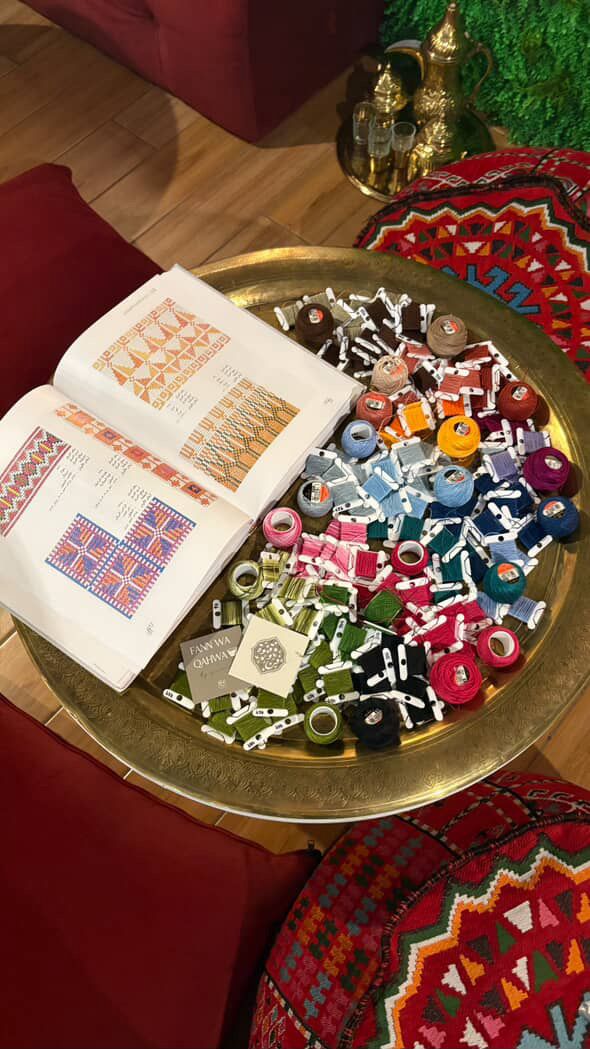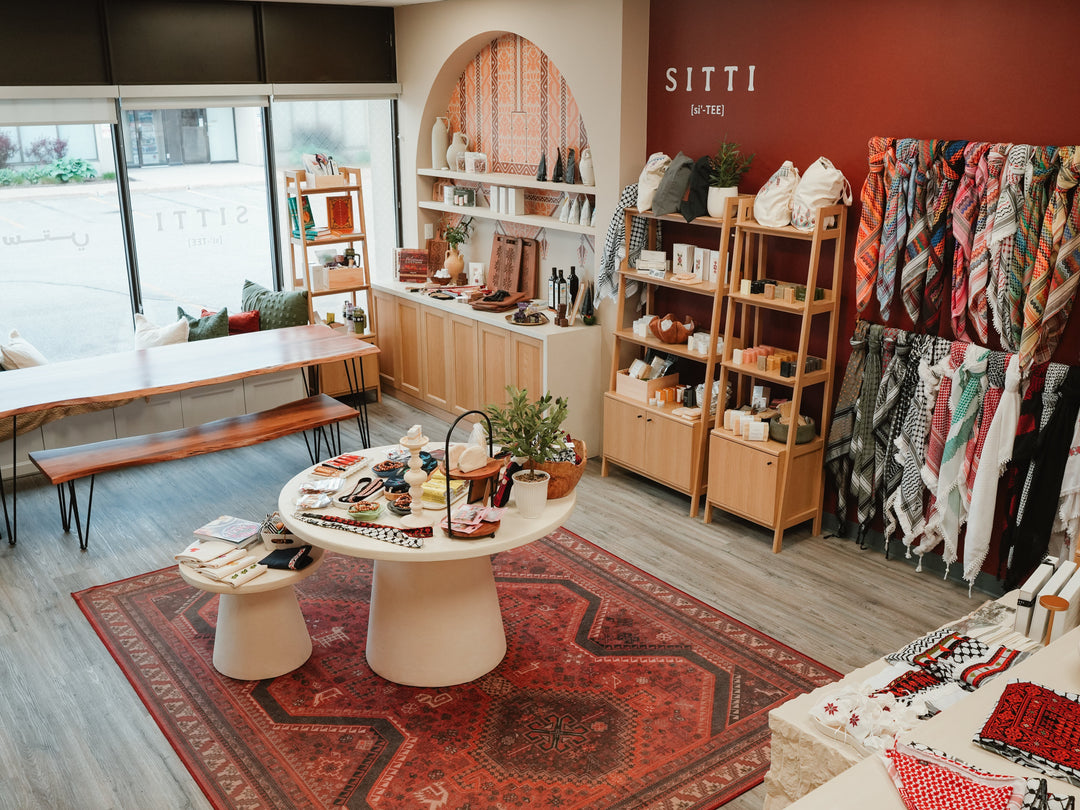Why We Became a Certified Women’s Business Enterprise (WBE)
October was National Women’s Small Business Month in the U.S. It seems fitting that we cap off the month with a post dedicated to an important issue for women-owned small businesses like our own. If you want to read more about women-owned businesses (aside from Sitti) you can also read our newest blog series, “Her Words,” where we get one-on-one time with women and women-identifying founders sharing their own reflections and lessons on business and more.
Sitti has a lot to be proud of, including the fact that we are a majority female-owned and operated company. And now we’re able to say with confidence that we’re also a certified “women’s business enterprise (WBE).”
Becoming certified as a “women’s business enterprise” might seem like a daunting process, but we want to ensure other women-owned businesses realize it’s worth their time and the time of their fellow women business owners. As we’ve gone through this process, we’ve realized that becoming certified isn’t just good for your business, but it’s also good for the greater business ecosystem to create a regular culture of women-owned enterprises earning more contracts, and thus profits. It’s also important for building a culture of business ownership where women are the ones calling the shots, not just doing the work.
What does it mean to be a WBE and what are the benefits?
Being a certified-WBE means, “increased visibility,” according to Donna M. De Carolis, dean of the Charles D. Close School of Entrepreneurship at Drexel University, as featured in a recent Forbes article. “Most public corporations as well as local, state, and federal government purchasing agencies have programs for allotting a certain percentage of business to women-owned companies.”
However, the percentage of business earmarked for women-owned companies may not even out to the amount of women-owned businesses in existence...
While the rate of Canadian and American businesses that are women-owned hovers around 50-51%, the amount of corporate and government contracts awarded to women owned businesses is only around 5%.
This is where being a certified WBE gets your foot in the door. WBE certification puts you on major lists that are referenced for purposes of filling these larger earmarked contracts. It helps level the playing field a little bit more.
A lot of benefits become available to us now that we are a certified WBE. A few of those benefits include:
- Training and educational programs exclusive to WBEs
- Part of a global community of women business owners, from over 100 countries
- Globally-recognized verification status that meets the needs of a growing community of national and multinational corporations who want to diversify their suppliers
“Most public corporations as well as local, state, and federal government purchasing agencies have programs for allotting a certain percentage of business to women-owned companies,”
- Donna M. De Carolis, Charles D. Close School of Entrepreneurship, Drexel University
What are the requirements to be a certified “Women’s Business Enterprise (WBE)?”
While it’s great that you are majority owned and operated by women, that doesn’t mean as much in the business world as it does when you’re certified.
To be a certified WBE means that you have gone through a rigorous review process by an accredited organization, and have been found to:
- Be at least 51% owned and controlled by women
- Show fiscal responsibility through tax returns, bank statements and business credit ratings
- Have the capacity to succeed (i.e. the company’s principles must have a certain level of experience in the market where they’re operating)
Where do you go to become WBE certified?
Sitti chose to become certified as a “Women’s Business Enterprise” through WeConnect International.
However, depending on where your business is located and where your clients are based geographically, other certifying organizations may be better suited for you.
Canadian businesses can also reference the Women’s Business Enterprise Canada Council. Go to: https://wbecanada.ca/ to learn more.
American-based businesses can refer to the Women’s Business Enterprise National Council for more information on becoming a certified WBE in the U.S. Go to: https://www.wbenc.org/ to learn more.
The harsh fact is THIS:
“Around the world, women’s business enterprises continue to earn less than 1% of the money spent on vendors by large global buyers. Additionally, women business owners face an estimated $1.5 trillion annual credit gap worldwide.”
Source: International Finance Corporation 2013 via WeConnectInternational.Org
Being a certified WBE gives Sitti and other women-owned businesses around the world a chance to level the playing field. What’s not great about that?
**WBE-certified Companies on our Inspiration Board**
Yolisa Ngxabazi, Owner, YN Attorneys (South Africa)“Yolisa Ngxabazi is the owner of YN Attorneys, a black-owned, women-owned law firm providing legal and related advisory services in South Africa.”
Claudia Marron, Owner, Stork and Dove (Canada) “After the birth of her 4th child in 2014, Claudia Marion began the search for something that defined her and her experiences as a mother. A clear focus landed on women-focused products and with that the name Stork and Dove was born, representing both the bird of devotion and that of love. This name has since become the umbrella brand for her growing line.
Malea Morales, Owner, Malena Gourmet (Peru) “While recovering from her injury, she worked as an independent cooking consultant and, in 2006, founded Malena Gourmet, a catering company for corporate events including coffee breaks, cocktail parties and dinners; as well as social events such as weddings, first communions, baptisms, and brunches.”






Leave a comment